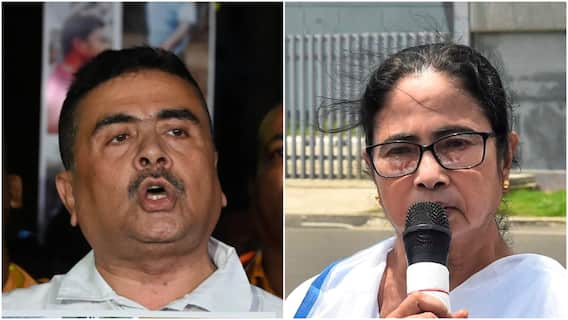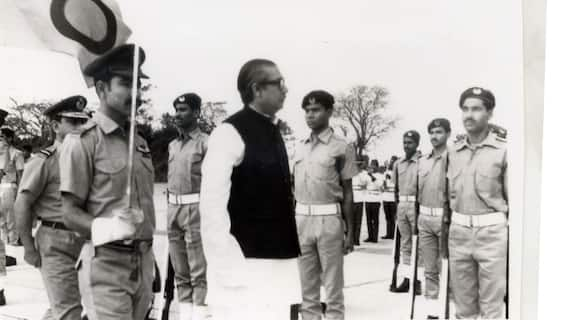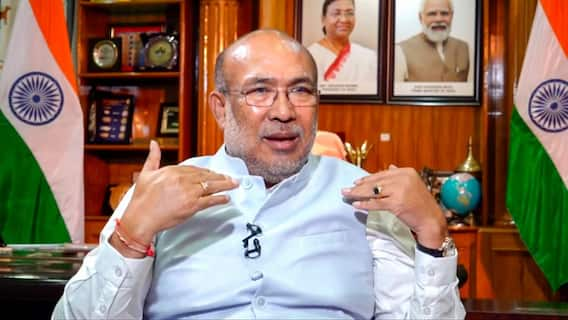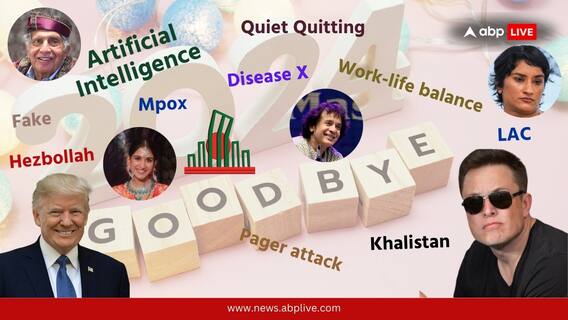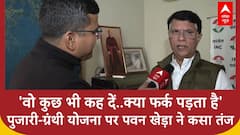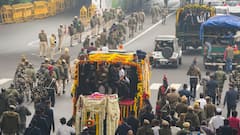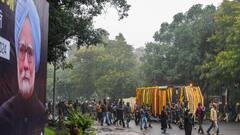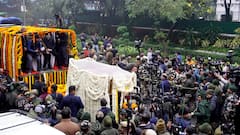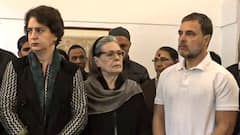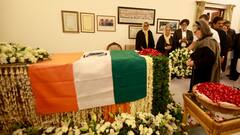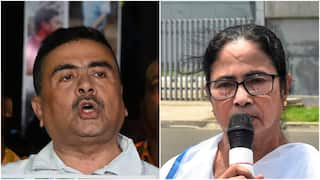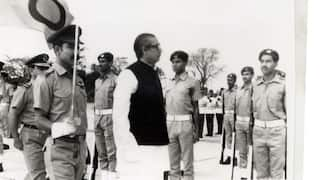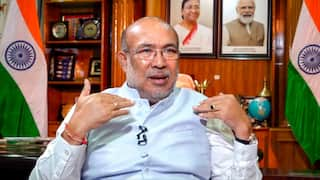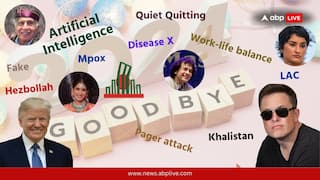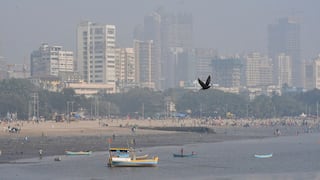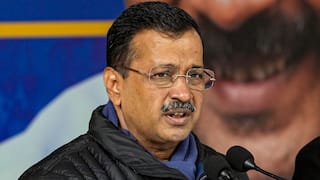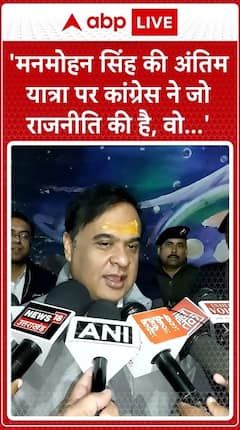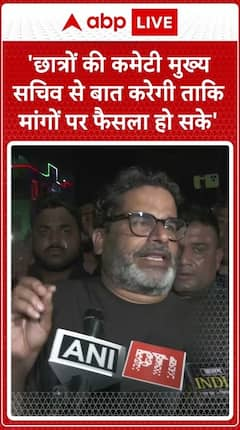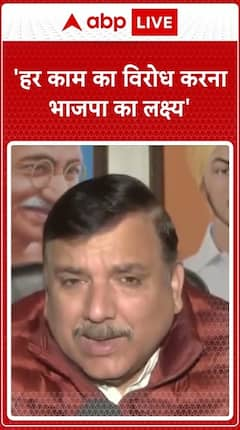Healthcare, Equality, 'True Economic Freedom': Raghuram Rajan Suggests Focus Areas For Next 25 Years
In an article, the economist invokes Mahatma Gandhi: 'Freedom for the few is never sustainable - unless the many see, experience, and cherish those freedoms also, freedom will remain fragile for all'

Former Reserve Bank of India governor Raghuram Rajan said India's "liberal democracy" has helped preserve the country's unity, acting as a safety valve that diffuses the many kinds of pressures emerging from all parts.
"It has ensured that most battles are fought in newspapers, at the ballot box, in Parliament, and most importantly, not in the street. In that sense, liberal democracy has helped preserve the unity of our country. It has also emphasized that every Indian has a voice in governance, a not inconsequential source of status and dig an India stratified by caste hierarchies," he wrote in an article titled 'The Next 25 Years', on the occasion of India's 75th anniversary of Independence.
Sharing the five-page note on linkedIn Saturday, he also said anniversaries are times to take stock and to set the course for the next few decades, and asked "what more do we have to do to be truly independent, to be truly free".
ALSO READ: President Droupadi Murmu To Deliver Her Maiden Speech On Eve Of Independence Day (abplive.com)
Rajan Lists Areas To Work Upon
Rajan said India has survived as a "unified democratic country", and that achievement "owes much to our early leaders, who put in place democratic practices and made them into traditions”.
"Freedom means one should not lack the basic necessities of food, clothing, shelter, health, and education. We have certainly come a long way since independence, for no one starves today, and almost all our children start school. Our be graduates are second to none in the world," he wrote, but said there are many areas that still need a lot of work.
“There is, however, a long way still to go. Malnutrition still plagues many of our children, stunting their development, while the extent to which poor children fall behind grade level requirements in reading and arithmetic is a national tragedy, made worse still by the pandemic. And, of course, true economic freedom can come only when most people can easily find decent jobs. There is much to do here, but also reason to feel proud of how far we have come,” he wrote.
The former RBI governor raised concerns over inequality, both economic and social as he mentioned that the roots of economic inequality lie partly in the unequal access to public goods like education and healthcare, but they go beyond that. “Too many women, even from middle class households, are denied the ability to work outside the home - sometimes simply because there is no safe way to get to work. Paradoxically, India has the lowest female labor force participation in the G20, even as our politicians elected a tribal woman, Smt. Droupadi Murmu, to the highest post in the land,” he wrote.
The Chicago Booth professor wrote about "active discrimination against Muslims" as he wrote: “Given the horrors of the Partition, it has always been convenient for some parties to raise the bogeyman of religious minorities whenever they need votes. They are at it again, with active discrimination against Muslims by law enforcement agencies in certain states being particularly notable.”
Rajan also expressed his thoughts about the state of freedom as he noted: “When in office, even our most liberal leaders have continued to use these powers as crutches, without undertaking the harder necessary task of improving the quality and efficiency of law enforcement. The real sufferers are ordinary protesters or activists, who have no recourse to high officials, skilled lawyers, or sympathetic judges, and periodically face the full colonial brutality of our unreformed system. Governance too suffers, as incompetent, venal, or lazy officials face few direct checks from a cowed people.”
He also warned on similar issues in the neighbouring regions that also plague India. “Leaving aside the immorality of such actions, it should be obvious that any attempt to make second class citizens of a large minority will divide the country, creating the kind of fear and resentment that democracy cannot diffuse. It make us vulnerable to foreign meddling and weakens us. Sri Lanka's plight should be a salutary warning to our leaders of what happens when politicians try to deflect from their inability to create jobs by demonizing a minority.”
The economist opined that India has certainly expanded the number of nationals who enjoy most freedoms but it is still a minority. “Gandhi's fear has still not been dispelled. Freedom for the few is never sustainable — unless the many see, experience, and cherish those freedoms also, freedom will remain fragile for all,” he wrote.
Trending News
Top Headlines






